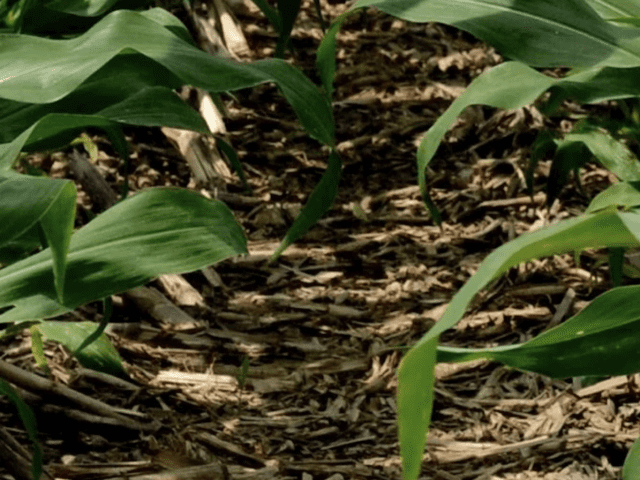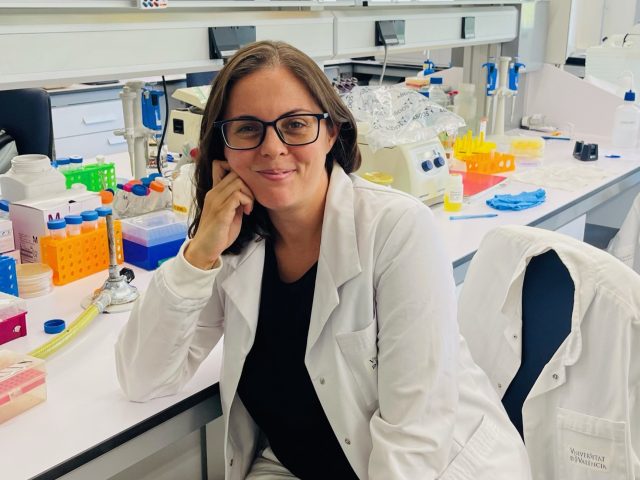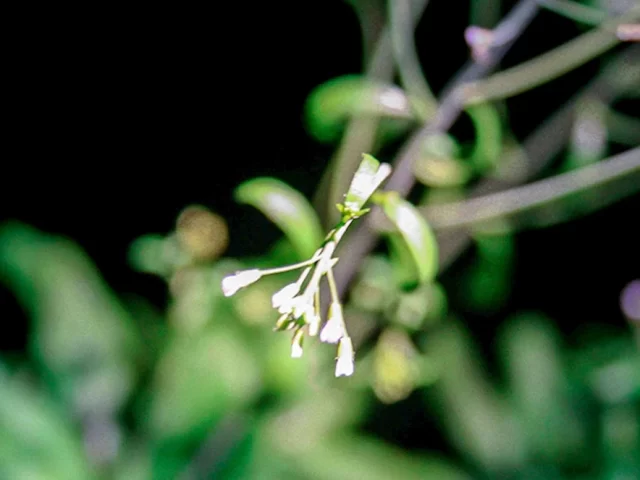MSU awarded one of the NSF’s six Global Centers to solve worldwide food challenges
Michigan State University has been awarded one of six Global Centers through the U.S. National Science Foundation (NSF) and its partner agencies in the U.S., Canada, Finland, Japan, the Republic of Korea or ROK and the United Kingdom. The funding awards were announced today totaling nearly $82 million in the Global Centers competition. “MSU’s International …






